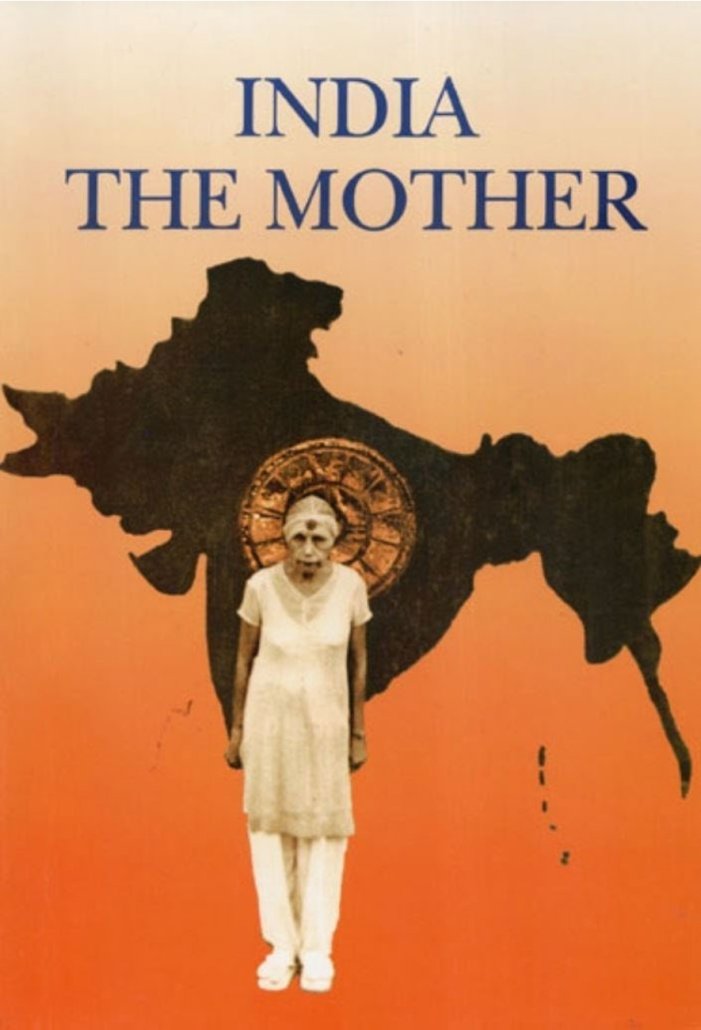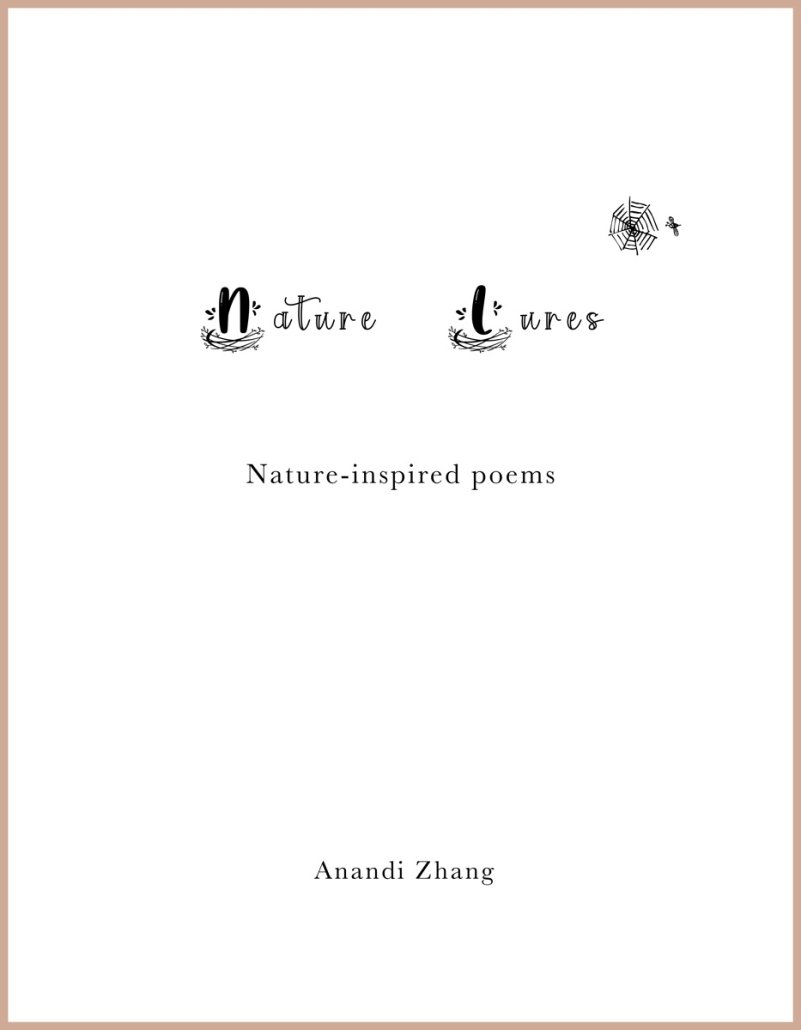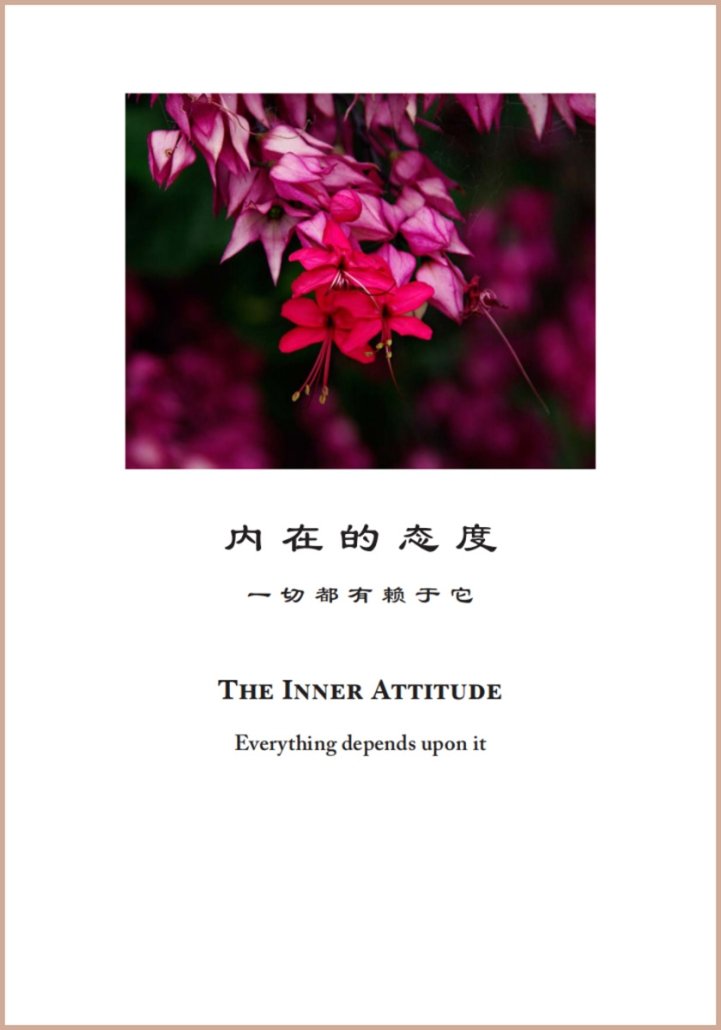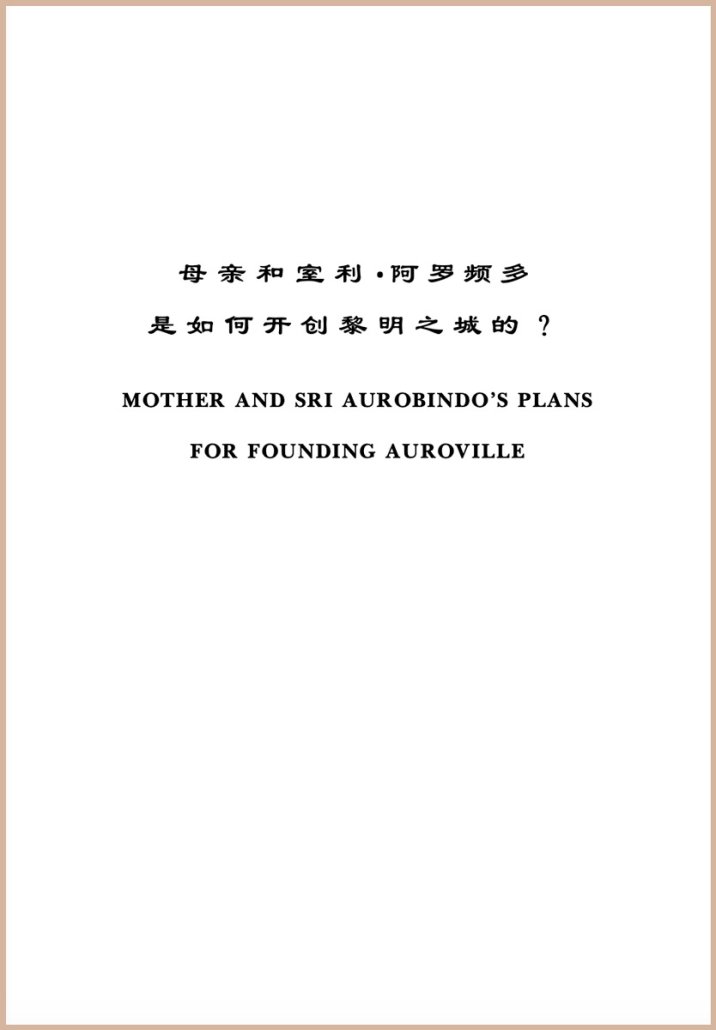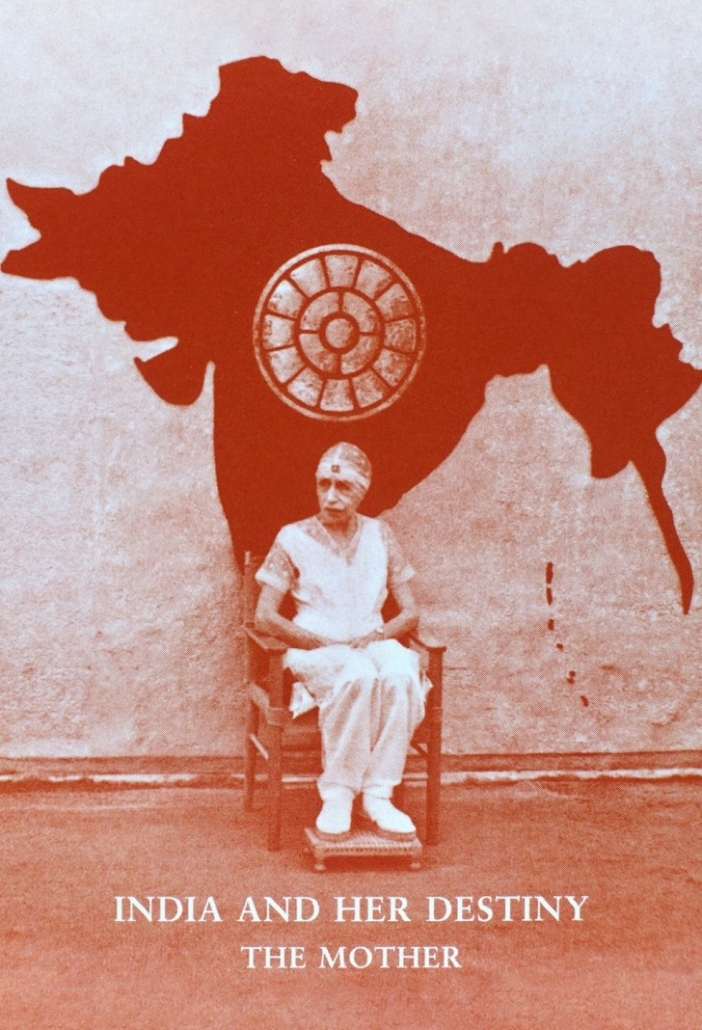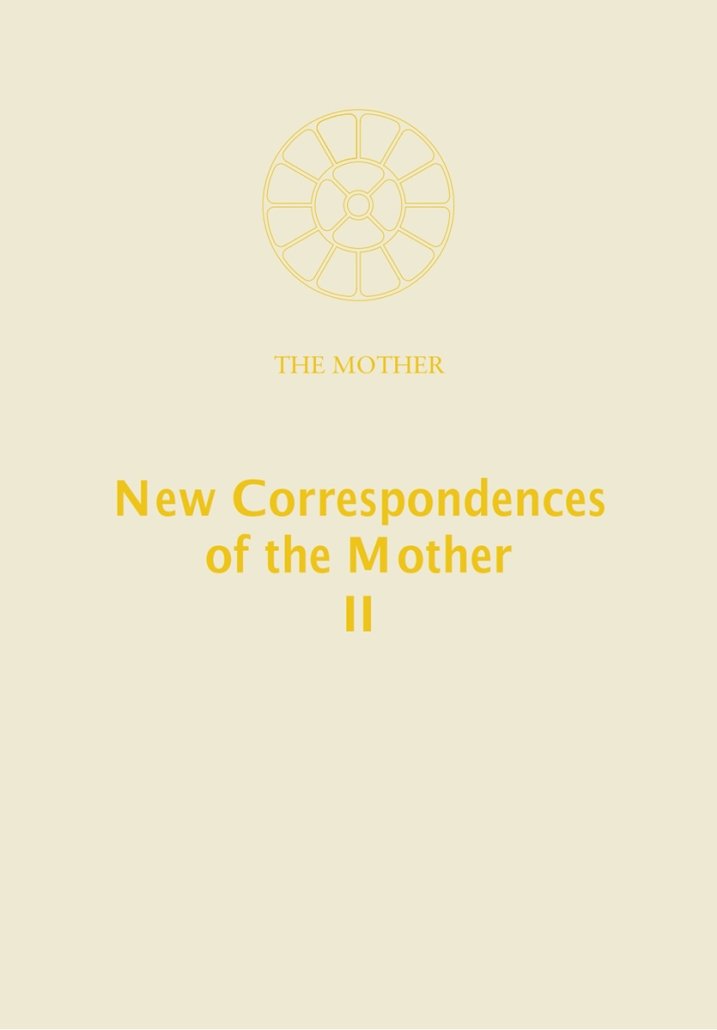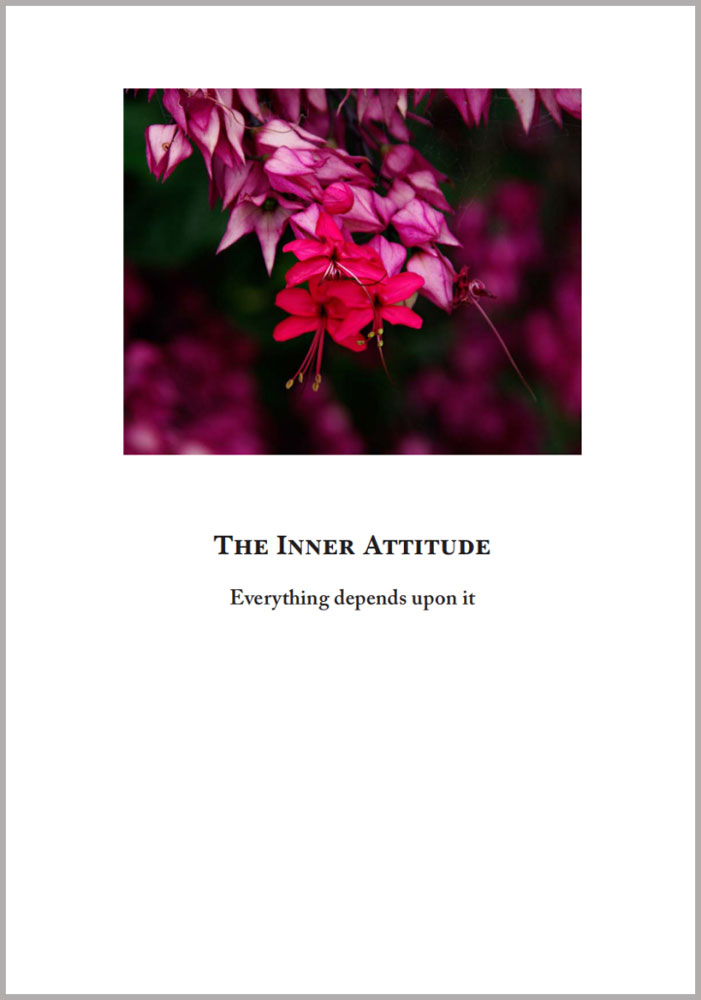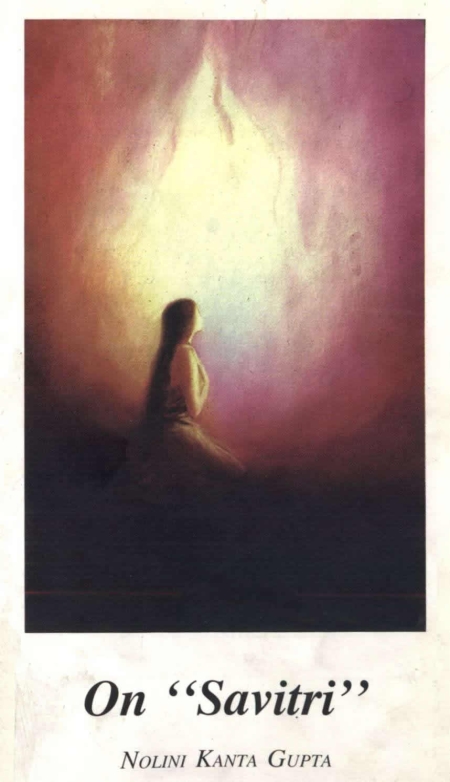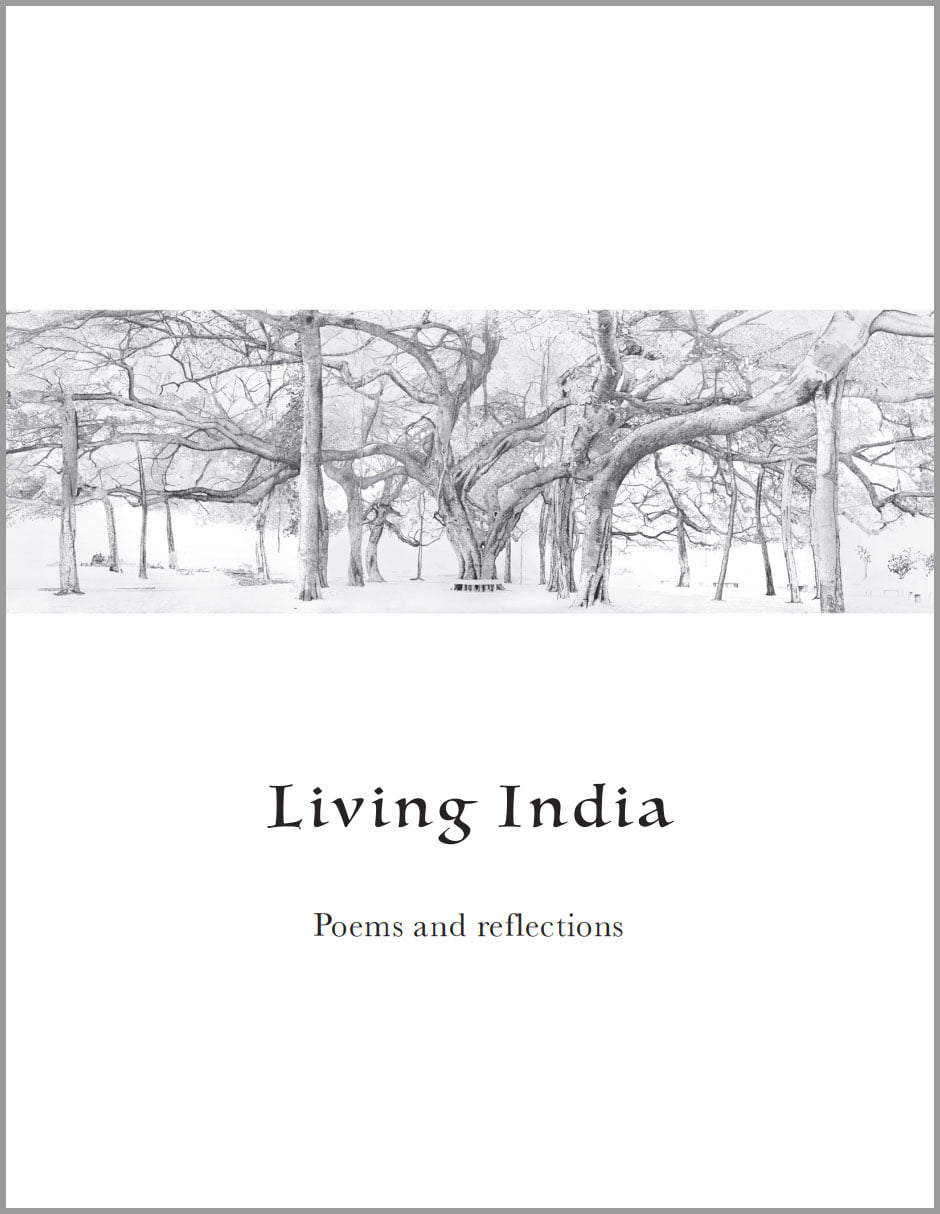An Extraordinary Girl by Nirodbaran
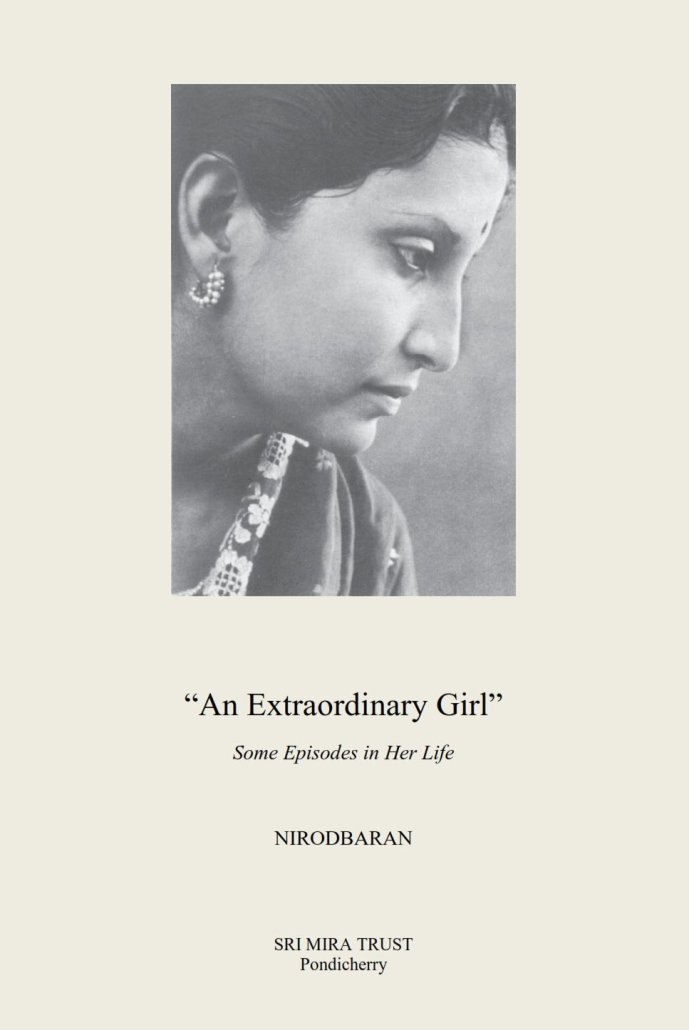
An Extraordinary Girl
Nirodbaran narrated to Sri Aurobindo an incident that had taken place in Calcutta. The Mother was present during the narration. The incident concerned a girl of about ten or twelve. She belonged to a very well-known family and had visited the Ashram with her parents more than once. Now there was a tea-party in their sumptuous house. Many high-ranking people had been invited. The topic of the Ashram came up. Comments and criticisms started flying freely. Even the Mother and Sri Aurobindo were not spared. The child listened quietly. But when somebody seemed to overstep the limit of decency, she could stand it no longer. In a firm tone she said, “Look here, if you speak one more word about my Gurus, I’ll give you such a slap that you’ll tumble down.” Everybody was stunned. The child’s mamma left the room in shame and anger at the insult to her guests. Her uncle started looking at the ceiling in embarrassment, and to change the subject he started calling to the servants, “Hari, Ram, what a lot of dust is here!” Nirodbaran’s story was enjoyed by all immensely. The Mother and Sri Aurobindo looked happy.
Esha, the late Dilip Kumar Roy’s niece, was a little girl visiting the Ashram when I came to know her through my niece Jyotirmoyee with whom she had become very friendly. She wanted to settle in the Ashram, but her mother did not want it as she was still a minor. When after many years she came to the Ashram again and stayed with Sahana Devi, I became more closely acquainted with her. By that time she had already married and obtained her divorce and had decided to settle here. I came to her help and made all possible arrangements for the purpose. Since then I have come to know her well and listened to her narration of the incidents of her life. As I found them interesting I began to note them down and was thinking of publishing them in Mother India when somehow she got wind of it and strongly objected to it. As I felt I had Sri Aurobindo’s sanction for it, I did not listen to her. In spite of my disregarding her objection, luckily she did not stop recounting her saga. Of course she narrated it in Bengali and later I put it down in English as faithfully as I could. When the story began to appear in Mother India, she insisted more than once that I should stop it. My answer was that I believed it could be helpful to many readers and that Sri Aurobindo seemed to support me.
We find that many bhaktas are indeed appreciating the story, particularly because they realise through it that Sri Aurobindo is still very much with us and our faith has been strengthened, helping us through the difficult moments of our life. – NIRODBARAN
Book Details
Author: Nirodbaran
Print Length: 125p.
Publisher: Sri Aurobindo Ashram
Submitted by: Avinash Tiwari
Book format: Pdf, ePub, Kindle
Language: English
Read more

